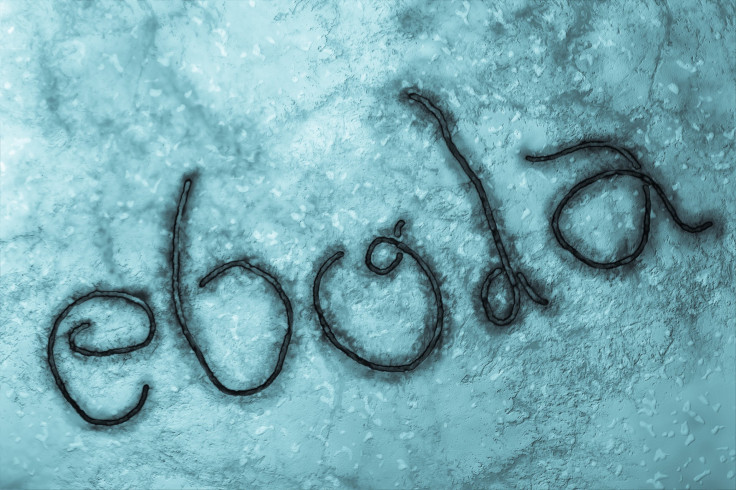Ebola Outbreak Fear Grips US, As Half Of Americans Think Threat Is Imminent

Four in 10 Americans are afraid that there will be a large outbreak of Ebola in their country, an alarmingly high number considering that the CDC assures the virus “does not pose a significant threat to the U.S. public.” Being prepared for a disaster is important, but when fear becomes more dangerous than the actual threat, there’s a problem. As the Ebola virus continues to spread through West Africa, Ebola hysteria gets a stronger grip on America.
In a survey conducted by the independent research company SSRS, in partnership with Harvard University, it was revealed that nearly 40 percent of Americans worry that a member of their immediate family will become sick with Ebola sometime in the next year. As we have been told repetitively by health professionals, the threat of Ebola to the U.S., or any other country outside of Africa, is extremely low. “There’s no cause for panic,” Harvard Humanitarian Initiative Director Michael VanRooyen explained in the Harvard Gazette. “We have experts who understand the spread of this virus and how to protect the public from it.”
Still, the panic continues to ensue and so do the false alarms. According to Forbes, there have been 68 U.S. Ebola scares in the past three weeks, none of which proved to be real.
The mass Ebola hysteria in the Western world is greatly fueled by the media. According to Mother Jones, the news has greatly focused on the Ebola’s gruesome symptoms and the ever-increasing death toll without touching much on the reason for the unprecedented West African outbreak. Liberia, the country hardest hit by the epidemic, has the second fewest physicians per person on the entire planet, coming after only Tanzania, The Wall Street Journal reported. Add that to the people’s widespread fear of authority, 42 percent of the population being illiterate and not capable of reading UN health posters, and a severe lack of basic health supplies, such as rubber gloves, and it’s easy to see why this Ebola outbreak has hit Liberia so hard.
A second probable propellant of Ebola hysteria is the sheer lack of understanding of the virus and its symptoms. Of the 1,025 adult Americans polled, 68 percent believed that Ebola spread “easily.” Ebola is a horrific disease, but it’s not as easy to spread as one might think. Rather than being airborne, like SARS, or spread through infected mosquitoes, such as the West Nile, an individual would have to come into direct contact with bodily fluids of a visibly infected person. Also, a third of those polled also seemed to believed that there is “an effective medicine to treat people with Ebola,” most probably referring to the recently popular experimental ZMapp serum that no health professional has ever referred to as a “cure.”
What is arguably one of the worst outcomes of Ebola hysteria is the increase in Ebola-fueled racism. Due to the increased fears of viral outbreak, individuals with African features throughout the world are prompting extreme health precautions. In Germany, a black woman fainting in a meeting caused the closing down of a business building and quarantine of 600 workers. When a black man had a nosebleed in a shopping mall in Brussels, he was immediately sent to the hospital and the entire store was subsequently sterilized. In Italy this year, African students needed to supply supplemental health certificates before starting school, a requirement not necessary for children of other ethnicities.
"We need to be prudent without being paranoid,” said Italy’s health minister, Beatrice Lorenzin, advice that all citizens of the world should take.



























